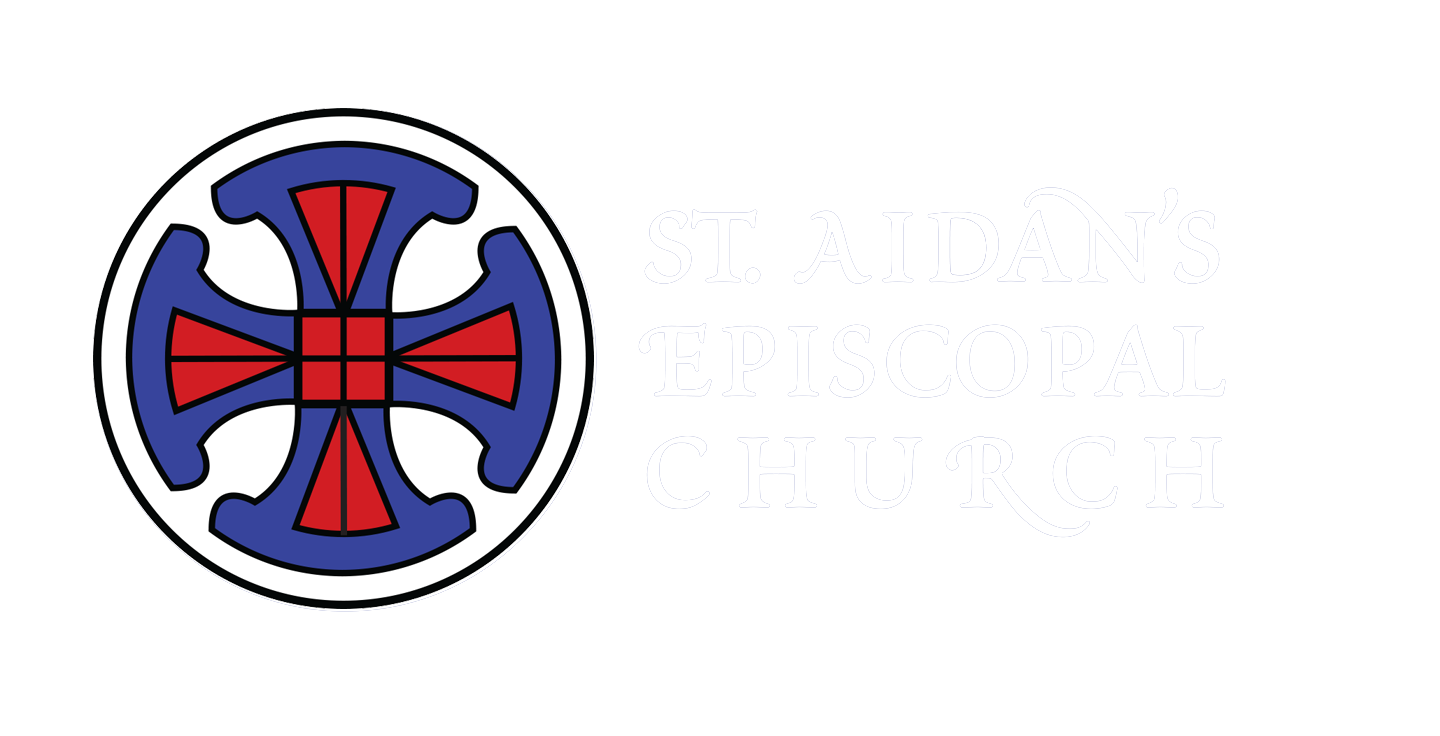We’re a little bit Celtic…
One might call us a little bit “Celtic” because of our love for the earth and for all it nurtures and we embrace both a Celtic and a Benedictine tradition of spiritual life, lifting a common prayer for community, daily, weekly, and month after month, forming and strengthening our spiritual life, our faith, and our ministry in community. St. Aidan sets the direction for our Celtic ethos and out of that guidance we have developed a deep love of nature and all the flora and fauna it provides.
That’s why we are working to crate natural habitat, using green products inside and outside on our campus. We call our art camp The Great thou Art Camp, because we believe that within everyone, no matter who they are, how young or old they are, their background and history, or their circumstances, there exists a true and real way of self-expression. We’re a little bit Celtic in that we like to make beautiful music from organ, violin and flute, to electric guitars and drums. We like poetry and prose, beautiful scripture and ancient voices, all speaking beautiful truth still resonating thousands of years after their first voicing.
Celtic Theology
Celtic Christianity is unique and yet shares in Christian theology such as the incarnation, death, and resurrection of Christ. Celtic theology moves one into understanding a focus on the presence of the divine in the physical world. One can experience God in all of creation and thus in all of nature and all that is natural in the world. Therefore, since the presence of God is found in all things, then the natural world and every part of life, including human life, is made holy. We are surrounded by a spiritual presence, even in our daily chores and activities.
Thin Places
All the places infused with divine presence, the shrines and holy places of the world, are thought of as thin places, where the veil between the spiritual and the physical is at its most delicate and penetrable. It is the thin places we strive to find.
We observe the liturgical calendar beginning with Advent in December, Christmas and Epiphany, Lent, Holy Week and Easter to Pentecost, entering into ritual and celebration as set forth by history, tradition, and reason from hundreds of years gone before. As our Celtic roots direct, we think of all creation as holy, including humans, each of whom holds within goodness with the capacity to bring joy. Simply knowing this, we find opportunities to celebrate a sense of community based on loving and embracing other.

